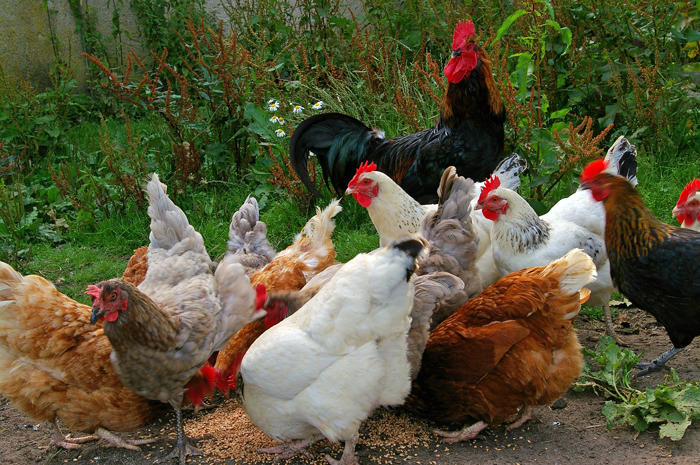Wycliffe Mwangale, who runs Breedtech Limited Farm, began with 40 hens purchased at a market; today, he sells chicks and eggs and manufactures poultry feeds for farmers.
When people enter Mwangale’s farmland in Trans Nzoia County, they are immediately drawn to the brick building, which measures 30m by 10m.
If the structure were the farmer’s home, it may be a four-bedroom house.
This, however, is his chicken barn, where he raises almost 4,500 Kienyeji hens in various phases of development. Approximately 1,500 are presently laying eggs, with the remainder destined for slaughter.
Every time a visitor comes to the farm, Mwangale, a former veterinary officer, is busy on the computer balancing the components he uses to manufacture chicken diets.
“You have to get it right or you’ll wind up with imbalanced feeds that won’t meet your production demands,” explains Mwangale, who works with software.
After starting small, the farmer has built a profitable chicken business on his eight acres.
“I started with only 40 chickens that I got from the market 20 years ago,” the 45-year-old father of six explains.
“It was a little start, but I had a vision of turning it into a substantial investment.” The 40 hens expanded as we continued to brood them, and I soon had 400 birds, and my business has thrived since then.”
Mwangale has split the brick house into parts, where the birds are housed according to their phases of development or the reason for which they are maintained.
Broilers, layers 16 weeks, 12 weeks, nine weeks, and one week are among the classifications.
The farmer explains that he turned his company into a commercial venture by switching to enhanced Kari Kienyeji chicken and purchasing two incubators with a total capacity of 18,000 eggs, 9,000 each.
He raises the birds for eggs and meat, which he sells in the local market, making him one of Western and Nyanza’s main chicken suppliers.
He sells the hens for meat at 16 weeks for Sh700, after spending between Sh480 and Sh550 on their upbringing. He also offers fertilized eggs for Sh30 apiece, as well as chicks for Sh110. In a good week, he earns approximately KES 100,000 and he fully depends on it as a main source of income.
Many individuals are getting into chicken farming, particularly raising Kienyeji birds, but many are failing to follow required practices, causing them to struggle, according to him.
Quality feeds, according to him, have made his business succeed. He uses American software to mix the feeds. “The software gives you an analysis of how to mix the feed ingredients and in what quantities,” he offers.
“We feed broilers a high-protein diet to help them gain weight and achieve market weight faster. “We give them meals with fewer calories, the protein content of 15-16% for their maintenance, and because they are generating eggs, we generally give them calcium of approximately 3.7 per cent because the birds require the mineral to create healthy eggs,” Mwangale adds.
Mwangale has 17 employees who assist him operate the farm and selling the chicken food he prepares for Sh2,200 to Sh2,400 every 50kg bag.
However, he claims that as he expands the business, the number will grow.
Mwangale, who claims that Ugandan imports haven’t harmed his business, claims that if done correctly, returns from Kienyeji chicken farming are substantial.








